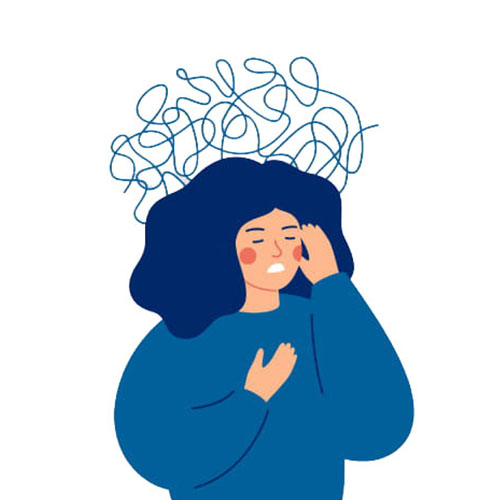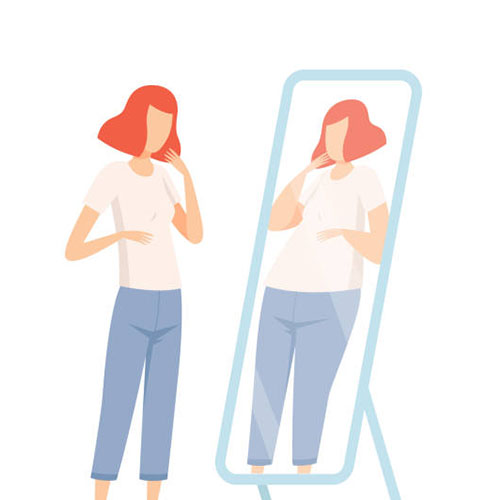

Anorexia Nervosa
Anorexia nervosa, regularly called anorexia, is a dietary issue depicted by a bizarrely low body weight, a severe sensation of fear of gaining weight, and a distorted impression of weight. People with anorexia put a high value on controlling their weight and shape, using incredible undertakings that will frequently, in a general sense, hinder their lives. To prevent weight gain or to continue to get slenderer, people with anorexia nervosa typically indeed restrict how much food they eat. They could handle calorie utilization by hurling directly following eating or by mishandling laxatives, diet helps, diuretics, or douches. They may similarly endeavor to pointlessly get in shape by working out. Which how much weight is lost, the singular continues to fear weight gain. It isn't precisely about food. It's a miserable and, to a great extent, risky strategy for adjusting to up close and personal issues. When you have anorexia, you often compare slimness with confidence. Anorexia, like other dietary issues, can take command over your life and be genuinely challenging to make do with. Be that as it may, with treatment, you can secure a predominant sensation of what your personality is, return to better dietary examples, and inverse a part of anorexia's profound complexities.
Causes
The major causes of Arthritis that are visible are:
- Biological factors: Hereditary qualities and chemicals could affect the advancement of anorexia nervosa. Some proof recommends a connection between anorexia and serotonin, a synthetic created in mind.
- Environmental Factors: Tension from society to look slender may likewise add to the advancement of anorexia nervosa. Unreasonable self-perceptions from news sources like magazines and TV can incredibly impact youngsters and flash the craving to be flimsy.
- Psychological factors: Somebody with a fanatical urgent problem (OCD) may be more inclined toward keeping up with the strict eating and exercise routines that those with anorexia nervosa frequently keep up with. That is because individuals with OCD are prone to fixations and impulses.

Symptoms
- Serious loss of bulk
- Drowsiness, weakness, or weariness
- Low pulse
- Dazedness or tipsiness
- Low internal heat level with cold hands and feet or, potentially, hypothermia
- Swollen or vexed stomach
- Dry skin
- Enlarged hands and feet
- Going bald
- Loss of feminine cycle or less continuous periods
- Fruitlessness
- A sleeping disorders
- Deficiency of bone thickness, expanding the gamble of breaks
- Fragile nails
- Blockage
- Unpredictable or strange heart rhythms
- Lanugo, which is fine wool hair on the body
- Expanded beard growth
- Terrible breath and tooth rot in individuals who upchuck now and again
Frequently Asked Questions
Health Conditions










